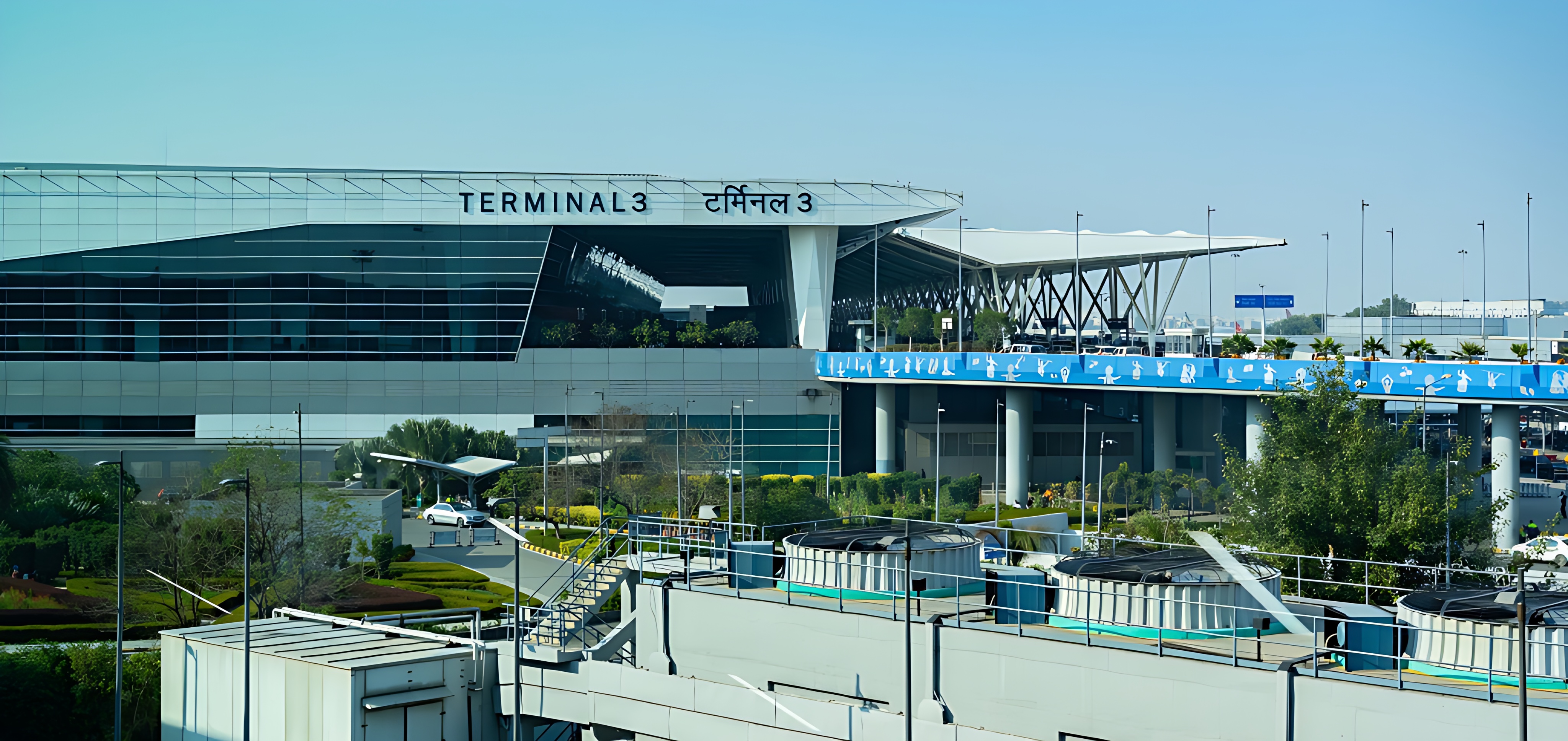
Airports are not merely terminals and runways; they are intricate, highly sophisticated systems that serve as critical nodes in the local, national and global transportation network. This intricate web of infrastructure, technology and logistics that constitutes an airport demands meticulous attention to detail and an unwavering commitment to maintenance and development. But what are the specific reasons behind this commitment? In this article, we outline some of the compelling reasons why it is crucial to continue maintaining and developing airport infrastructure.
The aviation industry places paramount importance on safety. Regulatory bodies like the Directorate General of Civil Aviation (DGCA) in India set stringent safety standards that airports must adhere to. Compliance with these regulations is non-negotiable for the safety of passengers and airline staff. Airports must continually invest in maintenance to guarantee that all equipment, infrastructure and facilities meet these exacting standards. Neglecting maintenance could lead to structural degradation, potentially compromising passenger safety.
Maintenance is not merely about repairing the wear and tear of infrastructure; it's about extending the life of existing assets and ensuring their continued relevance. The cost of building a new airport is significantly higher than maintaining and upgrading an existing one. Moreover, constructing a new facility consumes more time than efficiently managing and maintaining an aging infrastructure.
By implementing regular maintenance and upkeep procedures, airports can proactively detect equipment and infrastructure deficiencies, preventing potential issues from escalating. This approach not only conserves resources but also contributes to the long-term sustainability of the airport.
Efficiency is the lifeblood of any business and airports are no exception. Investing in airport infrastructure can significantly improve operational efficiency. Upgrades and technological advancements can streamline processes, reduce turnaround times and optimize resource utilization. From baggage handling to passenger check-in, efficient operations lead to cost reduction and, ultimately, higher profitability.
Airports compete to attract and retain passengers. Neglecting infrastructure maintenance can lead to discomfort and inconvenience for travellers. Outdated facilities, malfunctioning equipment and poor amenities can tarnish an airport's reputation. To remain competitive, airports must prioritize the enhancement of the passenger experience. Investing in modern, comfortable and efficient infrastructure not only boosts passenger satisfaction but also encourages repeat business, as travellers are more likely to choose airports that meet their expectations.
Sustainability is a growing concern worldwide and the aviation industry is no exception. Regular maintenance and upgrades of airport infrastructure promote resource conservation and sustainability. These practices involve detecting and addressing issues promptly, preventing wastage of resources and energy. Reducing energy consumption lowers operational costs and aligns with global environmental goals. Sustainable airports are more attractive to environmentally conscious passengers and investors, further bolstering their long-term viability.
These are just a few reasons why maintaining and developing airport infrastructure is essential. The list is not exhaustive and the continued investment in airport infrastructure represents a multifaceted commitment that encompasses safety, efficiency, passenger satisfaction and sustainability. By prioritizing maintenance and development, airports can ensure the safety of all stakeholders, extend the life of their assets, enhance operational efficiency, elevate the passenger experience and contribute to a more environmentally responsible aviation industry. This dedication not only secures the present but also paves the way for a more prosperous and sustainable future in the ever-evolving world of aviation.
GEMS, a subsidiary of the esteemed GMR Group, excels in providing comprehensive services and solutions across the entire airport value chain, encompassing modernization, upgrades and meticulous maintenance of vital airport equipment. This includes essential components like Passenger Boarding Bridges (PBB), Baggage Handling Systems (BHS), Hold Baggage Screening (HBS) and Vertical and Horizontal Transportation systems (VHT). By directly engaging with these core elements, GEMS significantly contributes to achieving cost savings and minimizing energy consumption for airport operators.
Partnering with GEMS isn't just about maintaining the status quo; it's about unlocking the full potential of airport management. Through expertise and integrated solutions of GEMS, airports can attain a holistic approach to airport management, reaping transformative benefits.
If you need any services, drop us a mail at Rohitkumar.Singh@gmrgroup.in or get in touch with us at +919717199753.